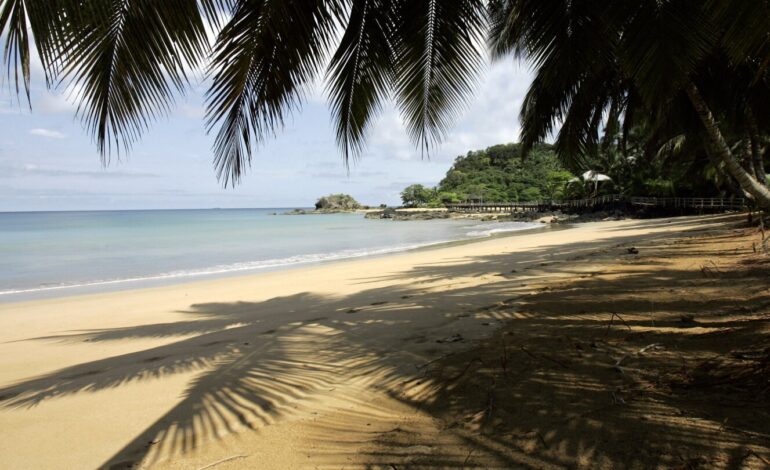UNESCO Announces 26 New Biosphere Reserves Across 21 Countries

BREAKING NEWS: UNESCO has just designated **26 new biosphere reserves** across **21 countries**, highlighting urgent global efforts to protect biodiversity. The announcement was made on **Saturday in Hangzhou, China**, as the organization adopted a **10-year strategic action plan** to address climate change impacts on these vital ecosystems.
Among the newly designated areas is the **Raja Ampat** archipelago in **Indonesia**, covering an astounding **52,000 square miles** (135,000 square kilometers). This region hosts over **75% of the world’s coral species** and boasts rich rainforests and endangered sea turtles. Its economy relies heavily on fishing, aquaculture, small-scale agriculture, and tourism, underscoring the critical balance between conservation and community livelihoods.
In **Iceland**, the **Snæfellsnes Biosphere Reserve** spans **1,460 square kilometers** (564 square miles), featuring volcanic landscapes, wetlands, and the iconic **Snæfellsjökull glacier**. This area is a sanctuary for seabirds and seals and is home to **over 70% of Iceland’s plant life**, including **330 species of wildflowers and ferns**. The local population of more than **4,000** engages in fishing, sheep farming, and tourism, vital for their economic stability.
Angola’s new **Quiçama Biosphere Reserve** extends **206 kilometers** (128 miles) along the Atlantic coast, protecting diverse ecosystems that include savannahs, forests, and estuaries. This reserve is crucial for its rich biodiversity, housing elephants, manatees, sea turtles, and over **200 bird species**. Local residents depend on livestock herding, farming, fishing, and honey production, demonstrating the essential link between environmental health and local economies.
António Abreu, head of UNESCO’s biosphere program, emphasized the importance of collaboration: “Biodiversity conservation is a pillar of socioeconomic development.” He warned against excluding local communities from decision-making processes, which can lead to conflict and misunderstandings.
The initiative is especially crucial as at least **60% of UNESCO’s biosphere reserves** have been impacted by climate change, including extreme weather events such as drought and rising sea levels. The organization is leveraging satellite imagery and computer modeling to monitor these changes and develop effective preservation strategies.
In **Nigeria**, expansion of cocoa farming threatens the habitat of critically endangered African forest elephants within the **Omo Forest Reserve**, one of Africa’s oldest and largest UNESCO Biosphere Reserves. Such environmental degradation highlights the urgent need for sustainable practices and protective measures.
As these new biosphere reserves are established, UNESCO stresses the need for local involvement in conservation efforts. In the **Philippines**, for instance, scientists collaborated with local fishermen to restore coral reefs damaged by destructive fishing practices. This partnership not only aided ecosystem recovery but also enhanced local food security and income through sustainable aquaculture.
The **United States** plans to withdraw from UNESCO by **December 2026**, a move reminiscent of the previous administration’s stance, raising concerns about the future of its **47 biosphere reserves**, primarily located within federal protected areas.
With these new biosphere reserves, UNESCO aims to foster a model for sustainable development that prioritizes both ecological integrity and the well-being of local communities. As the world grapples with climate change and biodiversity loss, these initiatives represent a beacon of hope and a call to action for global cooperation in environmental stewardship.
Stay tuned for more updates on this developing story and its impact on global conservation efforts.






